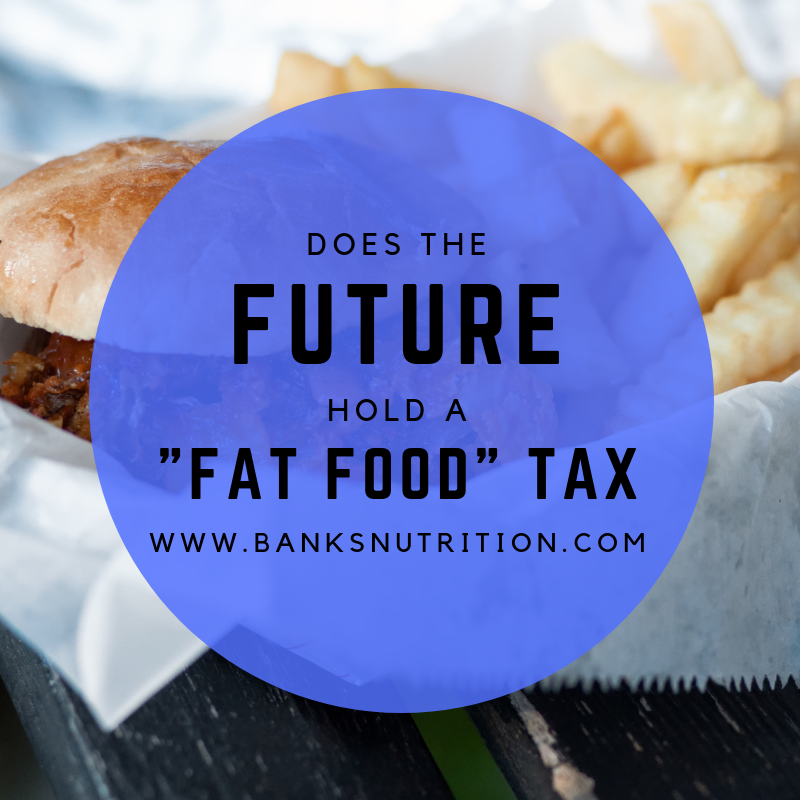
Does the Future Hold a “Fat Food Tax”?
Overweight and obesity is adding a huge increased cost to health care. It should also not also be forgotten that this cost comes with a great toll in human suffering. Attempts on many fronts to stop and reverse the overweight and obesity epidemic have, to this point, been ineffective. The CDC recently updated their projection on obesity patterns over the next two decades from “it will likely level off” to “it will increase at an accelerated pace”. This latest projection suggests that by 2030, 42% of the population will be obese.
Obesity Projection
On the cost front, the projected increased health care costs for the obese population was $147 billion. While that was no small amount, the revised projection is $330 billion. Averaged over the U.S. population this is an additional $1,100 per year added to the costs for every person! Keep in mind that this is in addition to the projected increases that will occur from aging of the population. Health care costs have been increasing at 2 to 4 times inflation for the past two decades and this is, and will, continue to accelerate. Quite simply, obesity is perhaps the major factor in the staggering rise in health care costs which are approaching the breaking point.
As all problems do, this one is generating intense interest in innovative solutions. Past solutions such as educational programs have failed miserably, if they are measured against outcome.
Failed Dietary Recommendations
A A potential solution that is gaining interest is a “fat food tax”. The tax would be similar to the tax on another cause of significant disease, tobacco. Most proposals suggest a tax of 20-25% on sweetened beverages, perhaps the most notorious offender in the obesity epidemic. A recent summary of a presentation that will be given at the 65th World Health Assembly taking place in Geneva on May 21-26, 2012 was published in the British Medical Journal.
Effect of fat food tax
The study summarizes some of the research on fat taxes suggesting that taxes of 20-35% on sweetened beverages and other known unhealthy foods reduces disease rates and health care costs. The revenues generated will be used to offset these health care costs rather than simply spreading them into the broader system. The bigger goal is however, to reduce the consumption of the most obesogenic foods. Much like this effort to reduce tobacco use, it is being opposed by the food industry. Sometimes reality goes against corporate profit concerns. Obesity related costs have now grown larger than tobacco related costs.
While this will be a hotly debated issue, it appears that the crisis is making the concept much more socially acceptable. This will only gain momentum with time as the cost of the problem becomes critical, if it is not already. In the past, society has held the concept that health care costs should be spread over the population as a whole so that the healthier could offset the costs of the less healthy. As obesity rates and the huge increased health care costs that they yield appear to be likely to approach 50% of the population over the next 3-4 decades, there will be a growing unwillingness to continue that concept. While the debate has centered on the social responsibility of health care cost sharing, it is shifting to individual behavior related cost responsibility. Financial realities have changed the conversation.